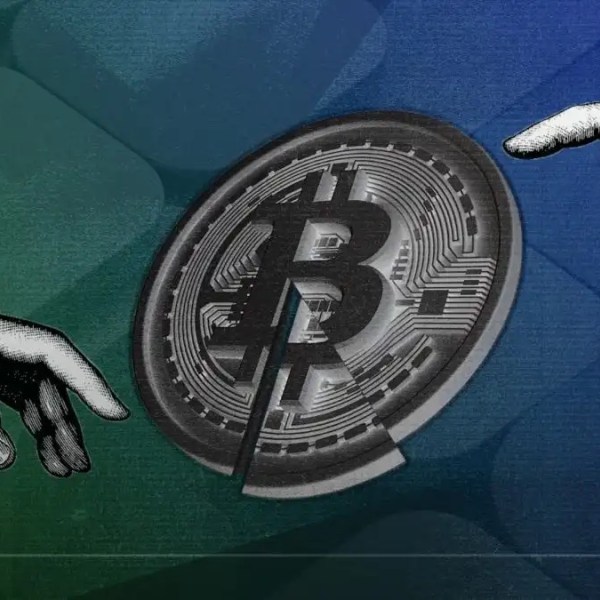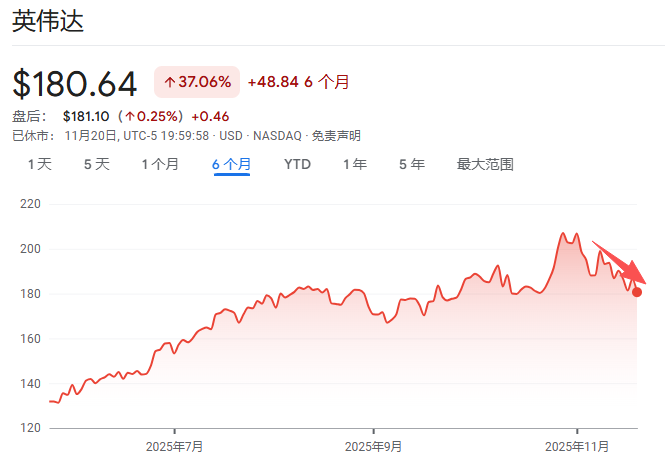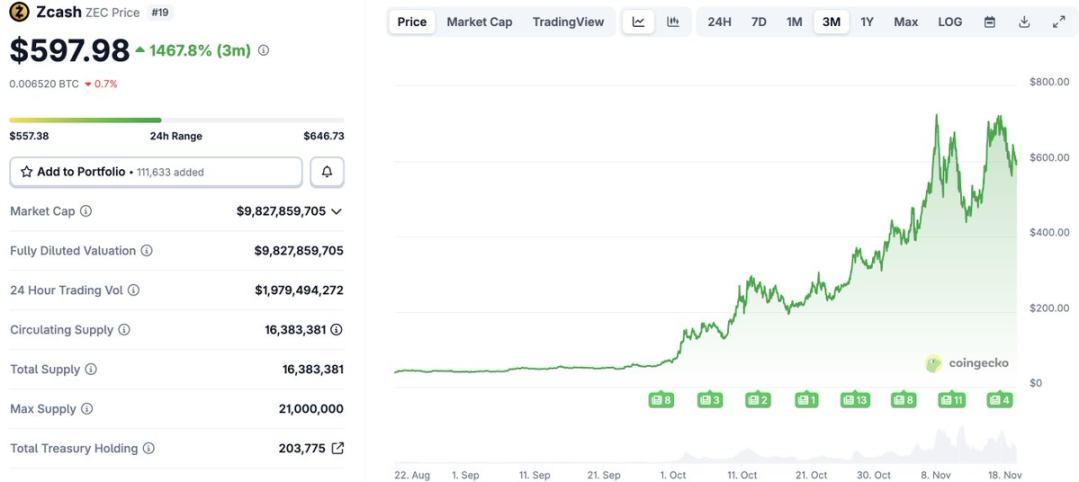Crypto Market Returns to Greed Territory After Powell Jackson Hole Speech Sparks Rally
The cryptocurrency market returned to "Greed" territory on Saturday as Bitcoin and Ethereum surged following Federal Reserve Chair Jerome Powell's dovish comments at Jackson Hole. According to Cointelegraph, the Crypto Fear & Greed Index rose to 60 on Saturday, gaining 10 points from Friday's "Neutral" reading of 50.
Powell's speech at the annual Jackson Hole economic symposium Friday referenced current conditions that "may warrant adjusting" the Fed's monetary policy stance. Bitcoin responded immediately with a 5% surge to $117,300, while liquidating $379.88 million in short positions. Ethereum reclaimed its 2021 all-time highs, reaching $4,851 and posting an 11.51% increase over 24 hours.
The CME FedWatch Tool shows 75% of market participants now anticipate a rate cut at the September 17 Fed meeting. Axie Infinity co-founder Jeffrey Zirlin called Ethereum the "most rate-sensitive aspect of crypto" in a social media post. He noted that falling interest rates widen the spread between DeFi yields and traditional banking returns.
Market Response Reflects Rate Cut Expectations
Powell's dovish tone reversed a week-long decline in cryptocurrency markets that had pushed sentiment into fear territory. FXStreet reports that Bitcoin jumped 3% immediately following Powell's announcement. Ethereum gained 12%, XRP rose 5%, and Solana climbed 8% in the hours after the speech.
The market capitalization of all cryptocurrencies increased more than 5% in 24 hours, pushing total value above the $4 trillion threshold. Investment advisor Jessy Gilger from Unchained told FXStreet that dovish Fed policy "supercharges BTC's narrative as a hedge against fiat uncertainty." She added that rate cut expectations accelerate institutional accumulation and liquidity flows.
We reported that fifteen US states have moved forward with plans for Bitcoin reserves, following President Trump's executive order exploring a national cryptocurrency stockpile. This growing institutional interest provides additional support for Bitcoin during periods of monetary easing.
Broader Implications for Crypto Markets
Lower interest rates historically reduce the opportunity cost of holding non-yielding assets like Bitcoin. CoinDesk notes that previous Fed easing cycles have coincided with strong crypto performance as investors seek higher returns in risk assets. Rate cuts also weaken the US dollar, making Bitcoin more attractive as an alternative store of value.
The current rally comes after Bitcoin touched record highs above $124,000 one week ago before declining nearly 10% as rate cut expectations initially diminished. Market participants had been positioning defensively ahead of Powell's speech, with some analysts warning of continued volatility depending on the Fed's monetary policy signals.
However, crypto markets now appear positioned for continued gains if the Federal Reserve follows through with September rate cuts. Traditional markets also responded positively, with the Nasdaq recovering from a 3% decline over recent days as traders priced in reduced chances of monetary tightening. The synchronized response across asset classes reflects the broad market impact of Fed policy decisions on risk appetite and liquidity conditions.
Disclaimer: The content of this article solely reflects the author's opinion and does not represent the platform in any capacity. This article is not intended to serve as a reference for making investment decisions.
You may also like
"AI Godmother" Fei-Fei Li's Latest Interview: I Didn't Expect AI to Become So Popular, the Next Frontier Is Spatial Intelligence
If AI leads humanity into an extinction crisis, it will be humanity's fault, not the machines'. If superintelligence emerges, why would humanity allow itself to be taken over? Where are collective responsibility, governance, and regulation? "Spatial intelligence" may fundamentally change the way we understand the world.
Has the four-year cycle of Bitcoin failed?
The various anomalies in this cycle—including waning sentiment, weakening returns, disrupted rhythms, and institutional dominance—have indeed led the market to intuitively feel that the familiar four-year cycle is no longer effective.

At an internal Nvidia meeting, Jensen Huang admitted: It's too difficult. "If we do well, it's an AI bubble," and "if we fall even slightly short of expectations, the whole world will collapse."
Jensen Huang has rarely admitted that Nvidia is now facing an unsolvable dilemma: if its performance is outstanding, it will be accused of fueling the AI bubble; if its performance disappoints, it will be seen as evidence that the bubble has burst.

After a 1460% Surge: Reassessing the Value Foundation of ZEC
Narratives and sentiment can create myths, but fundamentals determine how far those myths can go.
